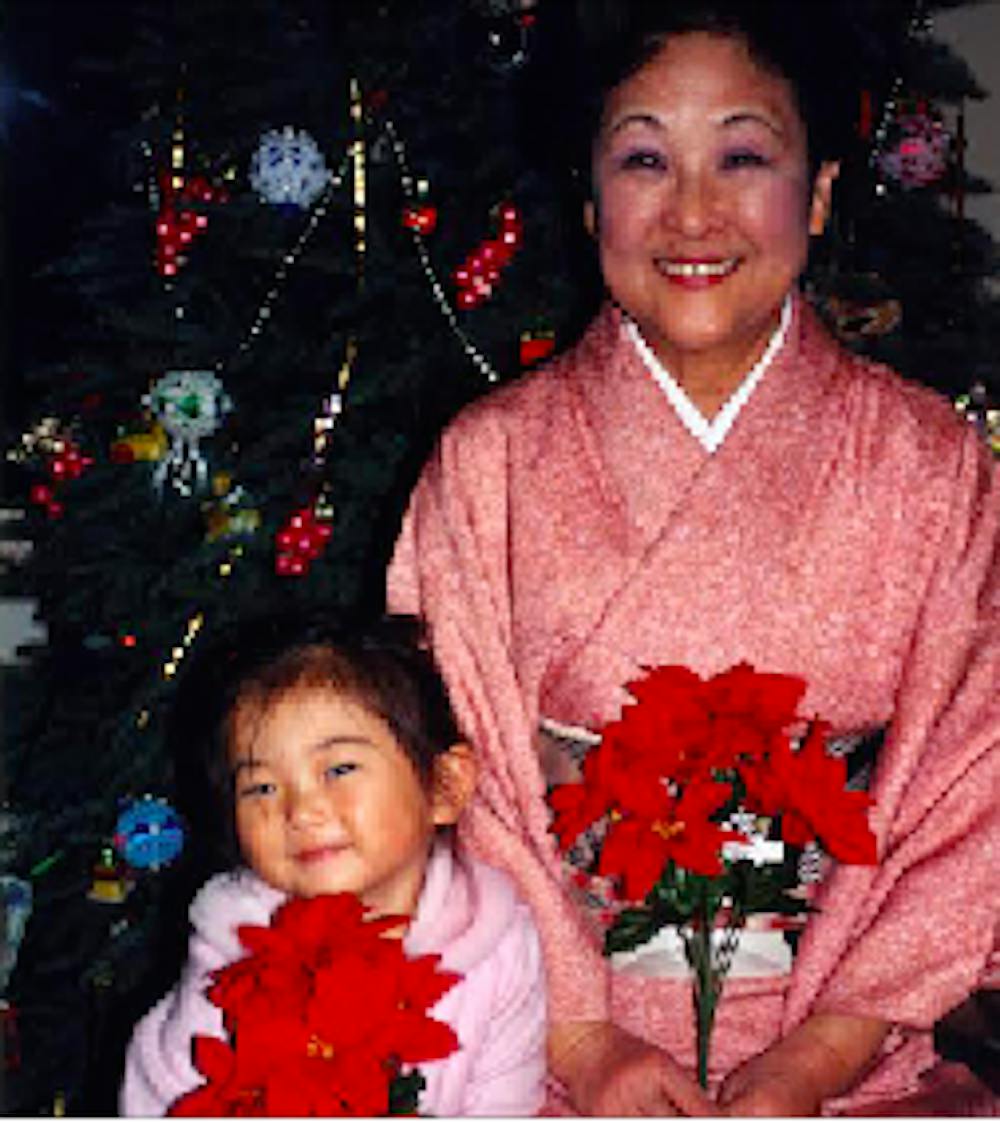San Francisco. My mother’s womb. None of your business.
These are the answers I want to give when I’m asked, “Where are you really from?”
But, because I lack the nerve and am too afraid of upsetting the other person, I don’t.
A couple of months ago, I was at a church in Mount Vernon when the man in front of me turned around to greet me.
“Ni Hao,” he said.
“Good morning,” I replied, forcing a tight smile.
“Oh,” he frowned, clearly disappointed. “You’re not from China?”
“Nope.”
“So where are you from?”
“California.”
“No, where are you really from?”
I sighed internally.
“San Francisco,” I said. “I was born here; I’m actually a fifth generation American.”
The man lowered his head in embarrassment and turned away. Later, in the middle of a hymn, he looked back at me.
“I hope you don’t think I’m racist,” he whispered.
I didn’t think he was intentionally being a racist bigot, but I did think he was feeding into views that contribute to xenophobia and racism. The assumption that Asian Americans are foreigners may seem innocuous, but the underlying attitudes can lead to frightening actions.
The Chinese Exclusion Act, the Japanese internment camps and the recent shootings of two Indian men in Kansas were all fueled by fear of foreigners.
That’s why when people ask me, “What are you?” “Where are you from?” and “How long have you lived in America?” I feel uncomfortable and on edge.
Why do people automatically assume that I am an immigrant?
It has taken me a while to find a way of responding to questions about my race and ethnicity, and it isn’t always easy. I used to become silent and paralyzed by anger. Now I try to strike a balance between educating the other person while still pointing out their misconceptions.
Last year, I went to a conference on diversity where I was one of only two Asian-American students in attendance. I must have stood out because the keynote speaker came over to introduce himself. He was curious to know “what kind of Asian” I was. Stunned and perplexed, I told him that on my mother’s side, I’m Japanese-American, and on my father’s side, I’m Korean-American.
“Wow, that’s so interesting,” he said. “How do your parents get along when relations between Japan and Korea have been so tense historically?”
I was flabbergasted. Neither do my parents represent entire nations, nor is their relationship indicative of complex foreign policy. Dumbstruck, I said nothing in response and hoped he would change the subject. He didn’t. Instead, he turned to the group to make an announcement.
“It’s so important to learn about and embrace other cultures. I was just telling this young lady over here how important it is for us to all visit each other’s countries,” he said.
This is my country! I’m American! I wanted to say. I wasn’t born in Japan or Korea, and I don’t speak the languages of either country.
I think some people are genuinely curious to learn about other people’s ethnicities. Their desire to understand other cultures is well-meant.
However, I would advise against asking questions surrounding those topics upon initially meeting someone. For me, the question is too loaded and carries too many negative connotations with it.
It implies that Asian Americans aren’t really American. We’re still outsiders, still considered “other.” No matter how long we have been in this country, we’re still viewed as foreigners. My family has lived in the U.S. for generations and in some cases, longer than many of my white friends’ ancestors. Yet they are never assumed to be foreigners like I am.
I want to emphasize that I am never offended by being mistaken for an immigrant. Immigrating to a new country is something to be proud of. However, the immigrant identity does not apply to me, and the assumption that it does is frustrating.
And while I am proud of my heritage, I am more than just that. When a person asks me where I really am from, it says the only thing they care about is my racial and ethnic makeup.
How important is it to know someone’s race or ethnicity? I think it is secondary to knowing a person’s name and their interests and their personality.
When you reduce a person to the color of their skin, you miss out on getting to know who they really are. You end up reducing them to a category and type. You risk alienating them. And in today’s tense political climate, we need to build bridges not barriers.





